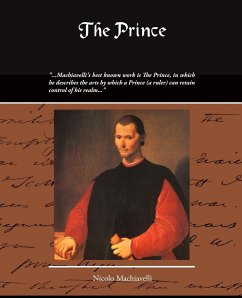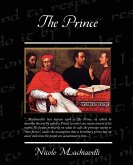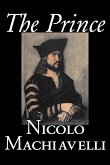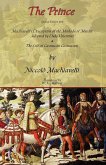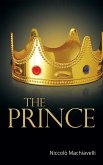Machiavelli's best known work is The Prince, in which he describes the arts by which a Prince (a ruler) can retain control of his realm. He focuses primarily on what he calls the principe nuovo or "new prince", under the assumption that a hereditary prince has an easier task since the people are accustomed to him. All a hereditary prince needs to do is carefully maintain the institutions that the people are used to; a new prince has a much more difficult task since he must stabilize his newfound power and build a structure that will endure. This task requires the Prince to be publicly above reproach but privately may require him to do things of an evil nature in order to achieve the greater good. The Prince is different from other books about creating and controlling principalities because it doesn't tell the reader what an ideal prince or principality is. Machiavelli explains through examples which princes are the most successful in obtaining and maintaining power. He draws his examples from personal observations made while he was on diplomatic missions for Florence and from his readings in ancient history. His writing has the mark of the Renaissance upon it because he sprinkles his text with Latin phrases and many examples are drawn from Classical sources.
Hinweis: Dieser Artikel kann nur an eine deutsche Lieferadresse ausgeliefert werden.
Hinweis: Dieser Artikel kann nur an eine deutsche Lieferadresse ausgeliefert werden.

